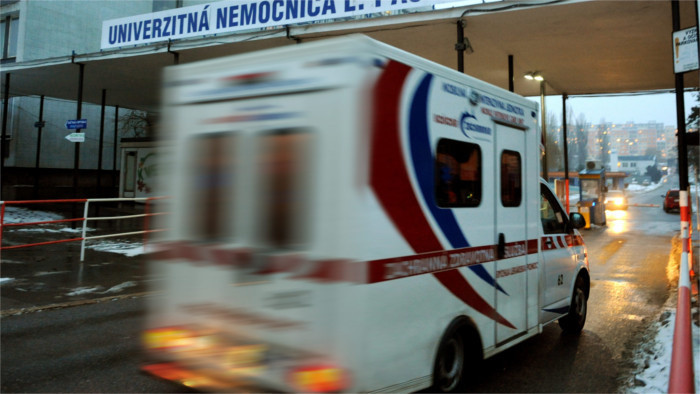A network of 46 hospitals distributed optimally across the country with guaranteed funding from health insurance companies and fully functional by 2030 - this is the goal of the proposed plan revealed by the Health Ministry on Monday. It has been long in the making and some experts were skeptical that it would see the light of day before next year's parliamentary elections. Hospitals are to be divided into three categories: local hospitals accessible to patients within half an hour from their homes, regional hospitals reachable within an hour, and national hospitals within 2 hours. Local hospitals will ensure high availability of acute care, while regional hospitals will provide more comprehensive health care and national ones will deal with the most complex medical procedures. They will have two years to gradually meet a set of criteria - for example, a minimum number of certain medical procedures to be performed each year. The Ministry has not yet released a list of general hospitals which could be part of this network. The three children's hospitals in Bratislava, Banská Bystrica and Košice will most probably be on the list. The idea is that the patient will always be directed to that facility where he/she will be provided with the appropriate level of treatment.
It's up to each hospital to decide in which areas it performs well, in which it can improve, and which wards are not worth keeping. Those capacities freed up in hospitals can then be used to increase their specialization in performance categories in which it is strong - for example, cardiocentres, oncocentres or centers for the treatment of children. Some hospitals may use vacant bed capacities for what the Health Ministry calls 'aftercare' facility.
"This will be a facility for patients who will recover after some procedure done in another hospital of a higher level. This way we will allocate resources more efficiently. Gradually, by 2030, the reform is expected to create at least 3,000 such beds in all regions," said Martin Smatana, the Director General of the Health Ministry's analytical unit. The Association of Slovak Hospitals, which represents hospitals at the local and regional levels, has criticized the idea that this reform should be aimed at saving money. On the contrary, they think that at the beginning more money would be needed in order for hospitals to be able to put it into practice.
Analyst Dušan Zachar from the think-tank INEKO is waiting to see how these measures will be applied in actual fact.
"When this reform reaches some concrete departments or clinics which need to be restructured, then some political interests might interfere and we will see what happens afterwards," concluded Zachar.

